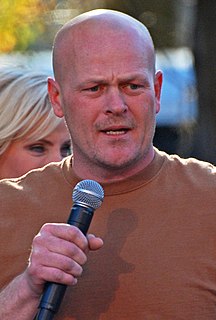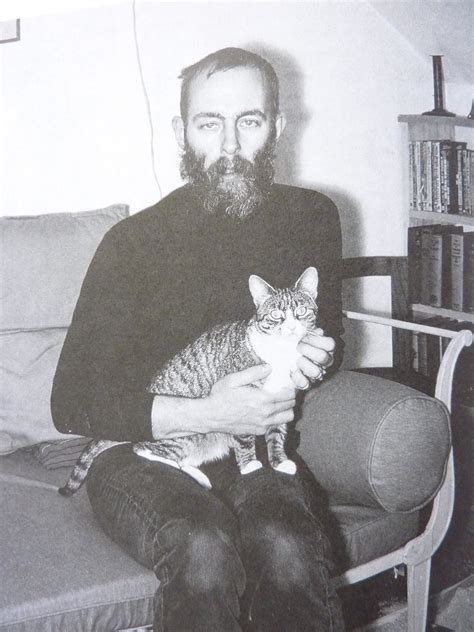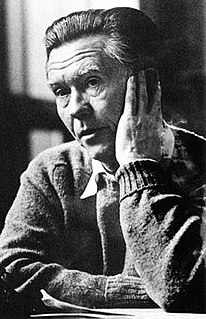A Quote by Beverly Cleary
My favorite books are a constantly changing list, but one favorite has remained constant: the dictionary. Is the word I want to use spelled practice or practise? The dictionary knows. The dictionary also slows down my writing because it is such interesting reading that I am distracted.
Related Quotes
The bold and discerning writer who, recognizing the truth that language must grow by innovation if it grow at all, makes new words and uses the old in an unfamiliar sense has no following and is tartly reminded that 'it isn't in the dictionary' - although down to the time of the first lexicographer no author ever had used a word that was in the dictionary.
Actually if a writer needs a dictionary he should not write. He should have read the dictionary at least three times from beginning to end and then have loaned it to someone who needs it. There are only certain words which are valid and similes (bring me my dictionary) are like defective ammunition (the lowest thing I can think of at this time).
I subscribe to the online Urban Dictionary's definition of nerd: 'one whose IQ exceeds his weight'. I'm also keen on the same Urban Dictionary's definition of geek: 'the person you pick on in high school and wind up working for as an adult'. I happily proclaim myself a book nerd/reading geek and proud of it.

































